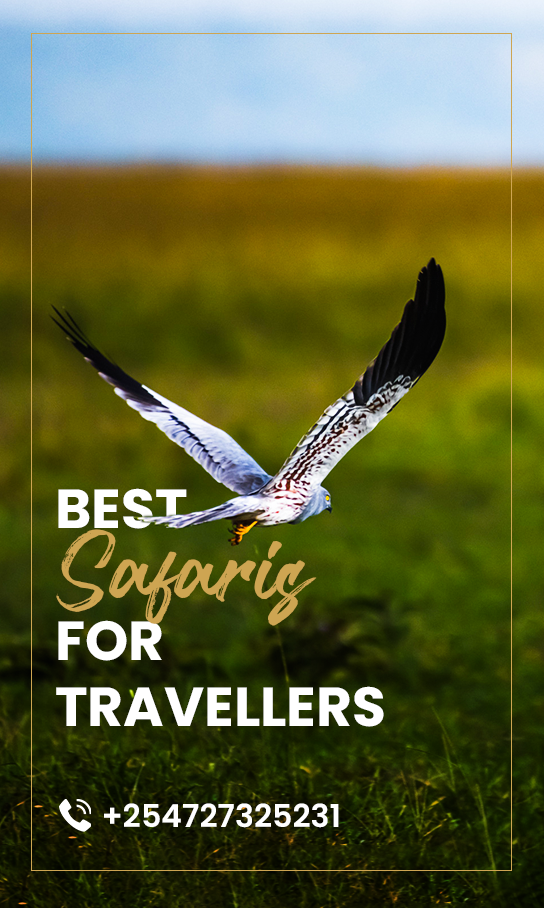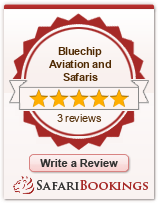
OVerview
Planning a trip to Kenya ? Whether you’re visiting for its stunning wildlife, beautiful beaches, or vibrant cities, here are some answers to frequently asked questions that will help make your journey smoother.
Lake Manyara National Park
Lake Manyara National Park well known for the tree climbing lions, the soda ash lake that attracts thousands and pink flamingos, one of Tanzania’s biggest elephant population and breathtaking scenery!
Located in the northern part of Tanzania, Lake Manyara National Park is 126 kilometers west of Arusha Town. The park covers an area of 330 sq km / 125 sq mile including a lake surface of 230 sq km / 89 sq miles
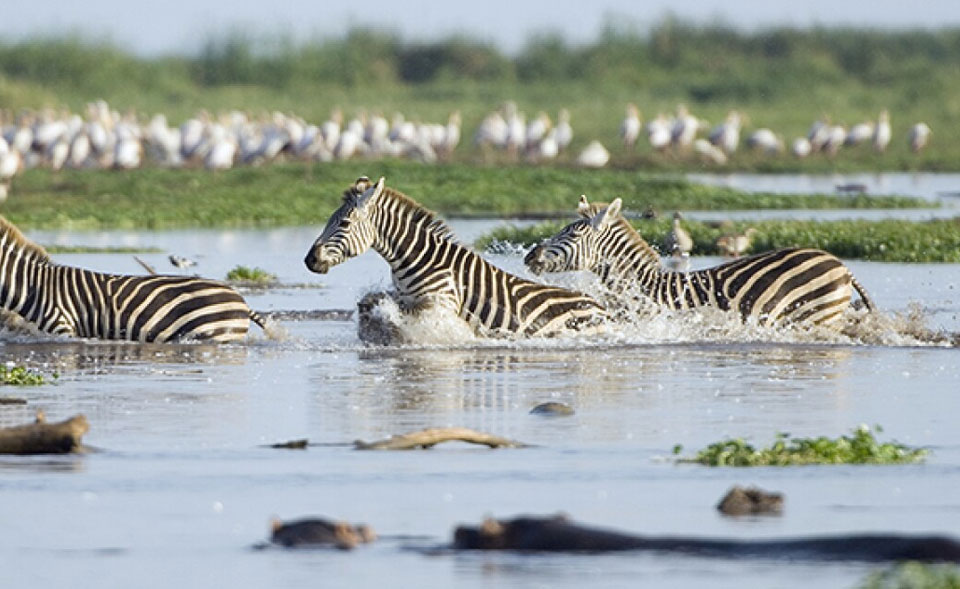
Lake Manyara has a big number of elephants, so many giraffes; zebras, wildebeests, impalas, waterbucks, and warthogs, the less-known shy Kik’s dik dik as well as the Klipspringer that dwell along the ramps of the escarpment. Leopards are hosted within the scattered forests and escarpment, while the healthy population of lions that are widely known for their unique tree climbing capability. In addition, you will not fail to notice the very large number of baboons in this park which can live in sizeable troops of up to 200 members.
There are a number of fascinating tourist attractions that can be explored and a number of activities such as bird watching, game drives, visit maasai bombas.
Location
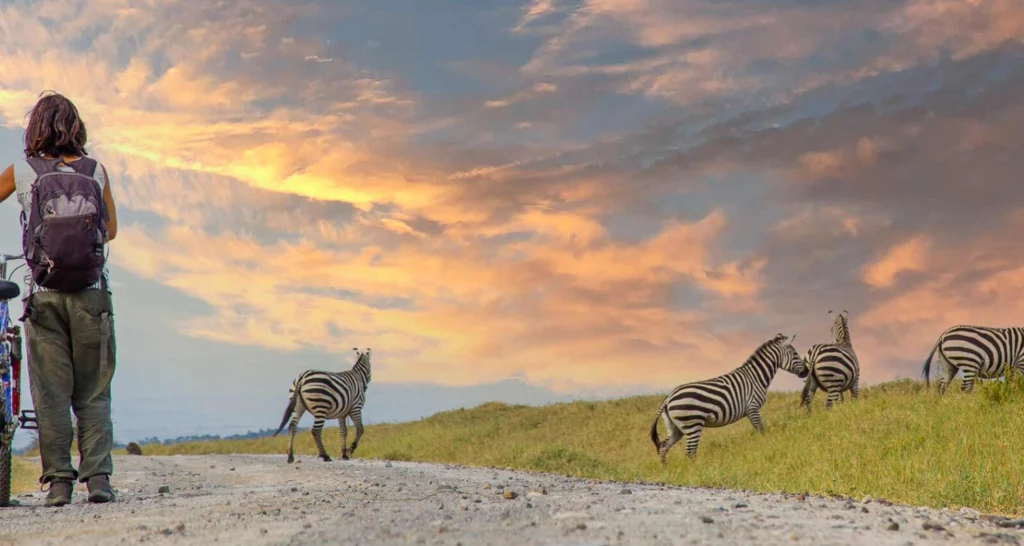
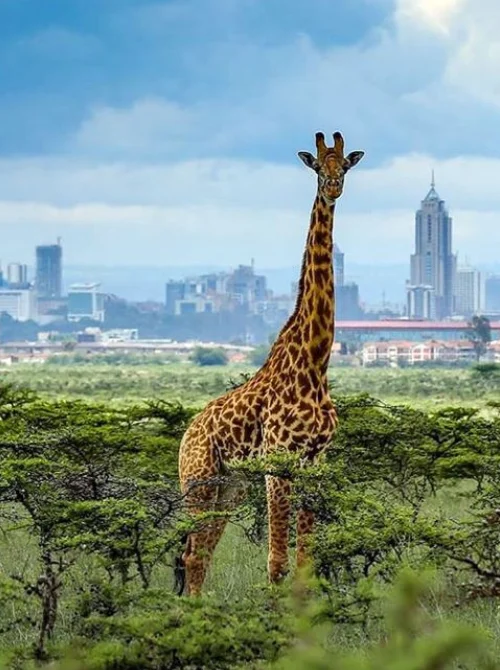
Most travellers to Kenya require a visa. Citizens of most countries can obtain an e-visa online, which is the most convenient option. You can also apply for a visa on arrival at major entry points. Ensure that your passport is valid for at least six months from your entry date. Travellers from visa-exempt countries, such as citizens of certain East African countries, do not need a visa.
Before visiting Kenya, it’s important to consult your doctor regarding necessary vaccinations. Common recommendations include vaccinations for Yellow Fever (which is mandatory if arriving from a country with yellow fever risk), Hepatitis A, Hepatitis B, Typhoid, and Malaria prophylaxis. Ensure that you visit a travel clinic several weeks before your trip to allow time for vaccinations to take effect.
Kenya is generally a safe destination for tourists, with millions visiting annually. Major tourist areas such as Nairobi, Maasai Mara, and the coastal regions are generally safe, especially if you follow basic safety guidelines. It’s important to stay vigilant in crowded places, avoid walking alone at night, and secure your belongings. Use reputable tour companies for safaris, and always check the local news for any travel advisories.
The Best Time to Visit Kenya depends on what you want to do. For safari enthusiasts, the dry season from June to October is ideal because animals gather around waterholes, making them easier to spot. The wet season (November to May) is great for birdwatching, as migratory birds flock to the country. If you’re planning to relax on the coast, the dry months between December and March are perfect for beach holidays.
The Cost of a Kenya Safari varies depending on factors such as the duration, type of safari, accommodation, and season. Budget safaris can start from around $150–$300 per day per person, while mid-range safaris range between $350–$600. Luxury safaris can cost upwards of $700 per day. Additional costs may include park entry fees, meals, and transportation. Choosing for a group safari can reduce costs, while private safaris or exclusive lodges can increase prices. Always factor in extras like tips and activities.
Kenya Safari Food offers a delightful variety of flavours, from international dishes to traditional Kenyan cuisine. Most lodges serve buffet-style meals, with options such as grilled meats, fresh vegetables, rice, and stews. Packed lunches are common for day game drives, featuring sandwiches, fruits, and snacks. On camping safaris, meals are prepared by camp chefs and can include hearty stews and grilled meats. Don’t miss local dishes like ugali (maize porridge) and nyama choma (grilled meat) for an authentic experience.
Kenya’s official currency is the Kenyan Shilling (KES). While major hotels, lodges, and tourist shops in cities and tourist spots accept credit cards, it’s a good idea to carry some cash, especially when travelling to remote areas. ATMs are widely available in cities like Nairobi and Mombasa, but access may be limited in rural areas, so always carry enough local currency.
Kenya has two official languages: Swahili and English. Swahili is widely spoken and understood, especially in urban areas and tourist destinations. English is also commonly used, particularly in business, education, and the tourism industry. Learning a few basic Swahili phrases can enhance your experience and help connect with locals.
Tipping is common in Kenya, especially in tourist areas. In restaurants, a tip of around 10-15% of the bill is appreciated, although it’s usually not mandatory. Safari guides and drivers often receive a daily tip of $10-$20 per person, depending on the quality of service. Porters and hotel staff also appreciate small tips for their services.
When travelling to Kenya, it’s essential to pack appropriately for the weather and activities. Here’s a checklist:
- Safari gear: Neutral-coloured clothing (avoiding bright colours), a wide-brimmed hat, sunscreen, sunglasses, and a good pair of binoculars for wildlife watching.
- Beach attire: Light clothing, swimwear, and beach accessories.
- Footwear: Comfortable walking shoes for city tours and sandals or flip-flops for the beach.
- Insect repellent: Especially for areas with malaria risks.
Don’t forget a camera, a flashlight, and a small first aid kit.
Kenya has many domestic flights, especially to safari destinations and coastal areas. Most domestic airlines allow luggage up to 15-20 kg, and it’s recommended to pack in soft bags due to limited space on smaller planes. Always check with the airline for specific baggage rules and size limitations.
Mobile phone coverage is generally good in major cities and tourist areas. You can buy a local SIM card upon arrival at the airport or from authorized dealers in cities. Major providers like Safaricom, Airtel, and Telkom offer affordable data plans and airtime. Wi-Fi is also available in hotels, cafes, and some public areas, though speeds can vary.

